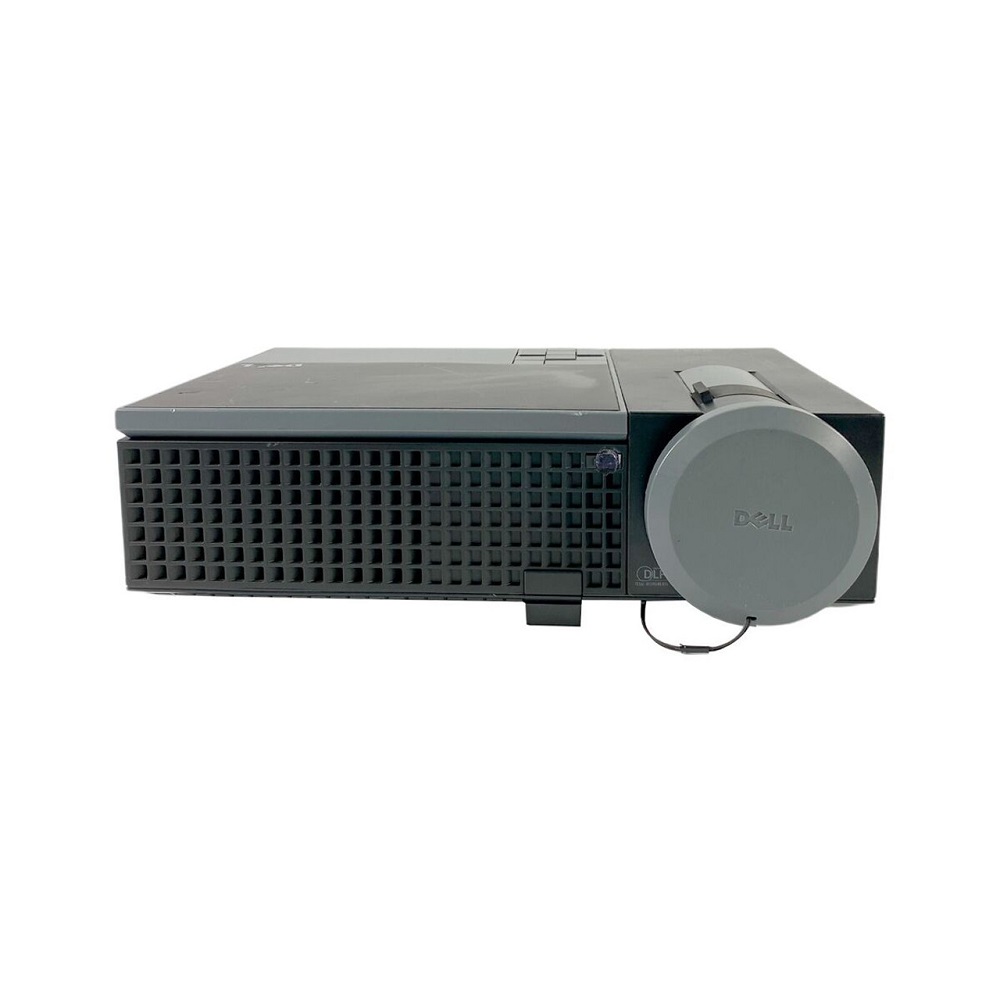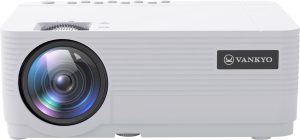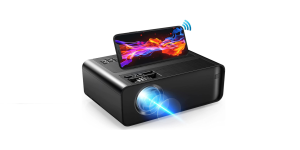In today’s technologically advanced world, projectors have become indispensable tools for both home and office environments. Whether used for movie nights, presentations, or video conferences, a high-quality projector can significantly enhance your viewing experience. Dell, a well-known name in technology, offers a range of projectors that cater to different needs and preferences. With so many options available, selecting the right Dell projector for your home or office can be challenging. This guide will help you navigate the selection process, ensuring you make an informed choice.
Understand Your Purpose
Identifying Your Needs
Before selecting a Dell projector, it is crucial to identify the primary purpose for which you will use it. Different settings may require different capabilities. For example, if you plan to use the projector for presenting business slides, you will need features tailored to clarity and brightness. Conversely, if you intend to use the projector for home theater purposes, color accuracy and resolution will be more critical.
Additionally, consider the size and type of room where you will place the projector. A smaller, dimly lit room may not need the same brightness level as a larger conference room. Determining these factors will help you narrow down your options and focus on projectors that meet your specific requirements.
Anticipating Future Use
While you should consider your current needs, also think about potential future uses. Are you likely to use the projector for different purposes down the line? If so, it may be worth investing in a model that offers versatility. Some projectors come equipped with features suitable for a variety of uses, from gaming to educational sessions. Choosing a projector that can adapt to various scenarios will extend its usefulness and save you money in the long run.
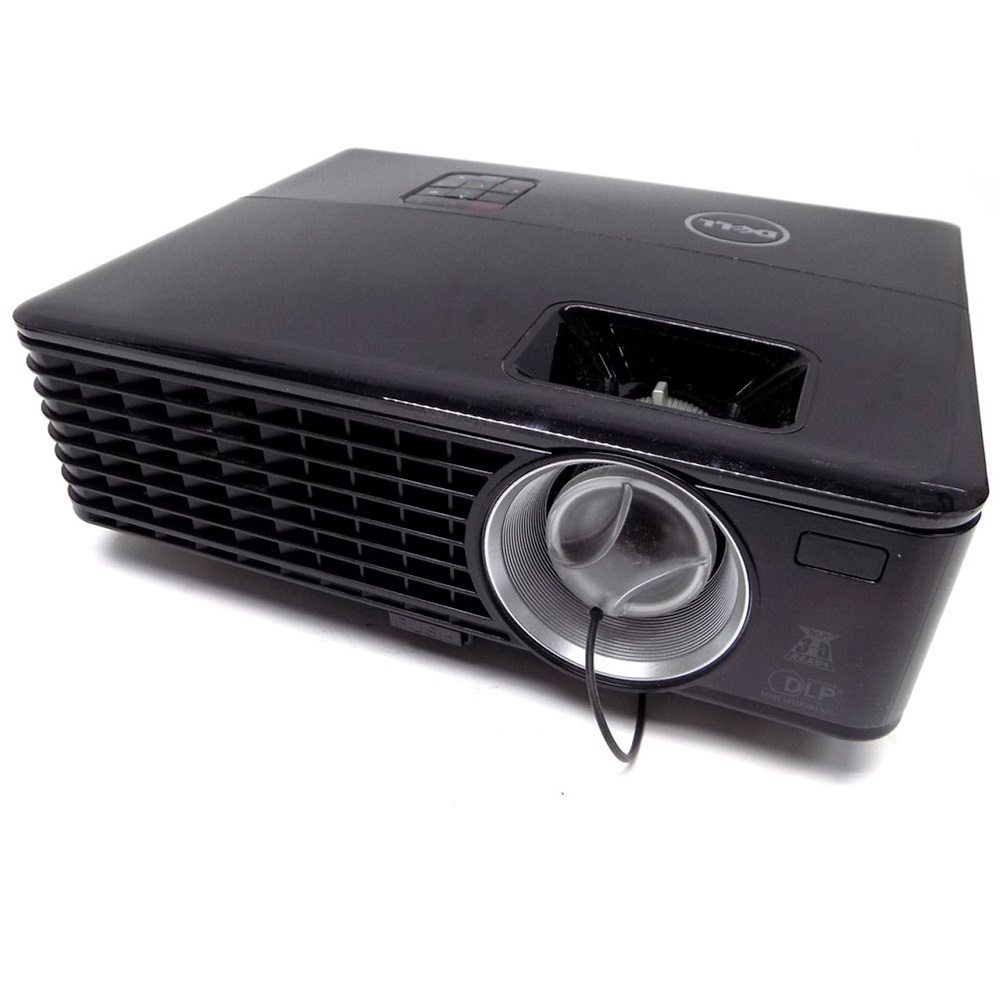
Consider Key Specifications
Brightness Levels
The brightness of a projector is measured in lumens. The higher the lumen count, the brighter the image will appear. If you plan to use the projector in a brightly lit environment, such as a conference room or a living room with natural light, opt for a model with a higher brightness rating, typically 3000 lumens or more.
On the other hand, if the projector will be used in a darkened space, like a home theater, you can opt for a lower brightness rating without sacrificing image quality. Generally, projectors in the 1500 to 2500 lumens range work well in darker settings. Understanding the lighting conditions of your intended space will help you select the appropriate brightness level for your projector.
Resolution Requirements
Another important specification to consider is the projector’s resolution. Higher resolution directly impacts image clarity and detail. Common resolutions include SVGA (800 x 600), XGA (1024 x 768), WXGA (1280 x 800), and Full HD (1920 x 1080). For basic presentations or casual viewing, an SVGA or XGA resolution may suffice. However, for high-definition videos or images, opt for a projector with Full HD or higher resolution capabilities.
If you frequently display detailed images, charts, or graphics, a higher resolution will ensure that viewers do not miss any critical information. Additionally, 4K projectors are becoming increasingly popular in home theater setups, providing an even more immersive experience. Consider your content type and viewing preferences when evaluating resolution options.
Assess Features and Connectivity
Essential Connectivity Options
When evaluating Dell projectors, consider the connectivity options available. Most modern projectors come equipped with HDMI ports, which allow you to connect devices like laptops, Blu-ray players, and streaming devices effortlessly. Some projectors even offer USB ports for direct access to media files, which can be convenient for presentations.
Wireless connectivity options are becoming more common as well. Many Dell projectors enable you to connect via Wi-Fi or Bluetooth, making it easy to stream content from your smartphone or tablet. This feature enhances versatility and eliminates the hassle of dealing with cables. If you plan to share the projector with multiple users or devices, look for models that offer various connectivity options to accommodate different setups.
Additional Features
Different Dell projectors come with unique features that can enhance usability. Consider whether features such as keystone correction, which adjusts the image shape, or lens shift, which allows for flexible positioning, are important for your setup. For users who require flexibility in installation, these features can be essential for ensuring a quality image.
Moreover, built-in speakers may be advantageous if you plan to use the projector without external audio equipment. While built-in audio systems will not replace quality external speakers, they can be sufficient for casual viewing or presentations. Take time to evaluate these additional features to find a model that fits your specific needs.
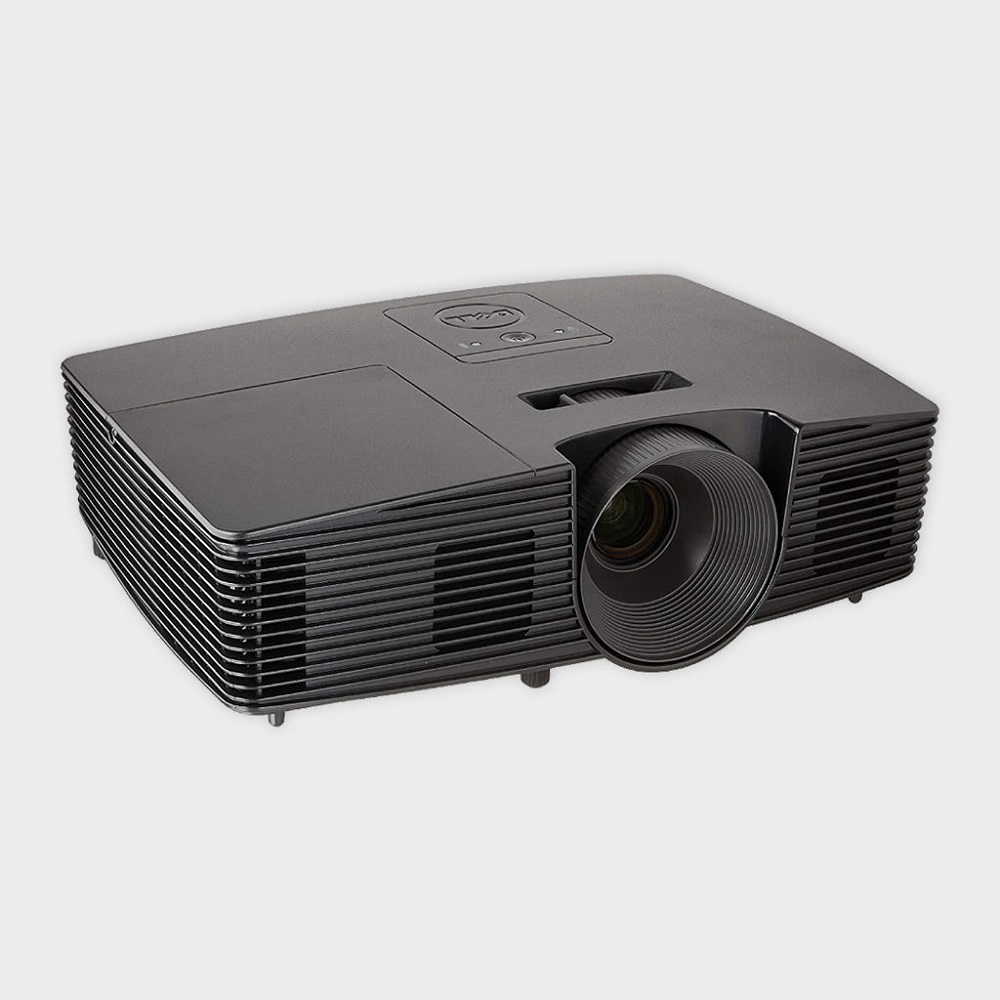
Portability Factors
Weight and Size
If you plan to move your projector frequently, consider its portability. Dell offers a range of projectors, some of which are designed to be lightweight and compact for easy transport. Models that weigh less than five pounds are typically considered portable. This portability can be essential for business professionals who travel or for educators who bring projectors between classrooms.
A compact design also allows for easier storage when not in use. If you have limited space or do not want a projector taking up a permanent spot in your home or office, look for a smaller, more portable model. Choose a projector that balances functionality and convenience based on how frequently you will move it.
Carrying Cases and Accessories
Many Dell projectors come with carrying cases or can be purchased separately. A carrying case is a wise investment, especially if you move your projector frequently. These cases can protect your projector from scratches and damage, ensuring that it stays in good working order. Additionally, carrying cases can provide compartments for cables and accessories, keeping everything organized during transport.
When assessing portability, also think about the accessories you may need. If you plan on using the projector outdoors, for example, consider purchasing a suitable screen and external speakers. Having the right accessories enhances usability and helps you make the most of your investment.
Budget Considerations
Establishing a Budget
Before you begin your search for a Dell projector, it is vital to establish a budget. Prices for projectors can vary widely based on features, specifications, and brand reputation. Setting a budget will help you narrow your options and ensure that you remain focused on models within your price range.
Consider not only the initial cost of the projector but also potential ongoing costs. Some projectors may require replacement lamps or filters after a certain usage period. Research these costs to understand the total investment involved. By taking both upfront and ongoing costs into account, you can make a more informed decision when selecting a projector.
Finding Value
While it can be tempting to choose the cheapest option available, ensure that the model you select offers a good balance of quality and features. Read reviews and check customer ratings to gauge the reliability and performance of different Dell projectors. Often, a slightly higher price may translate to better quality and longevity.
Keep an eye out for promotions, discounts, and bundled deals. Dell frequently runs sales on its products, which may give you a chance to purchase a higher-end model at a more affordable price. Taking the time to shop around and look for value can pay off significantly in the long run.
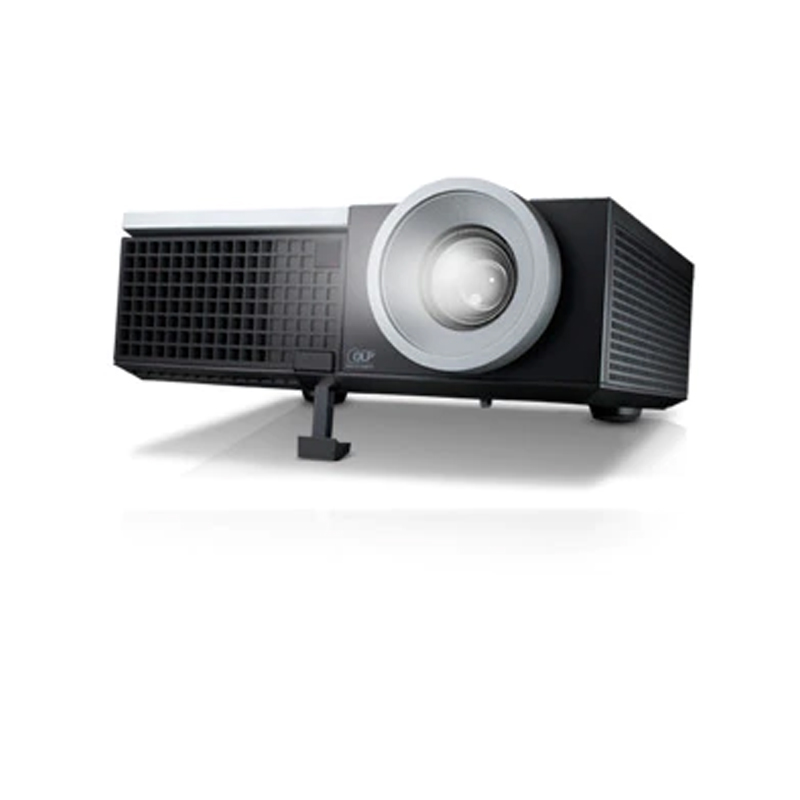
Researching Customer Reviews
Importance of Customer Feedback
Before making a final decision, researching customer reviews can be invaluable. Reading feedback from existing users gives insights into the projector’s performance, usability, and durability. Customers often share their experiences regarding setup, quality, and any challenges they encountered.
When looking at customer reviews, pay attention to both the positive and negative feedback. Positive reviews can indicate strengths, while negative reviews can highlight potential weaknesses or limitations. This balanced view will better inform your decision-making process.
Specific Use Cases
Consider seeking out reviews specific to your planned use case. If you intend to use the projector for business presentations, look for feedback from other professionals who have similar needs. If you plan to use the projector for home entertainment, search for reviews related to picture quality, brightness, and sound. Finding targeted feedback will help ensure that the projector performs well in your intended applications.
Making the Final Decision
Weighing Your Options
Once you have gathered all the necessary information, it’s time to make your final decision. Evaluate the projectors you are considering based on your different criteria, such as purposes, specifications, portability, budget, and customer feedback. Create a list that compiles the essential pros and cons for each model.
By comparing multiple options in detail, you can make an informed choice that aligns with your specific needs. Be sure to rank the features most important to you; this prioritization will help streamline the decision-making process. Knowing what aspects to prioritize can guide you toward the best projector for your needs.
Final Thoughts and Testing
After pinpointing a model that fits your requirements, consider purchasing from a reputable retailer with a good return policy. This allows you to test the projector in your own space and see if it meets your expectations. If the Dell projector does not perform as anticipated, you will have the option to return it.
In conclusion, choosing the right Dell projector involves several key considerations. By understanding your needs, assessing specifications, and leveraging customer reviews, you can make an informed decision. Take your time during this process, and you will find a projector that enhances your viewing experience, whether for work or leisure. A well-chosen Dell projector can provide countless hours of enjoyment while meeting your professional requirements.
